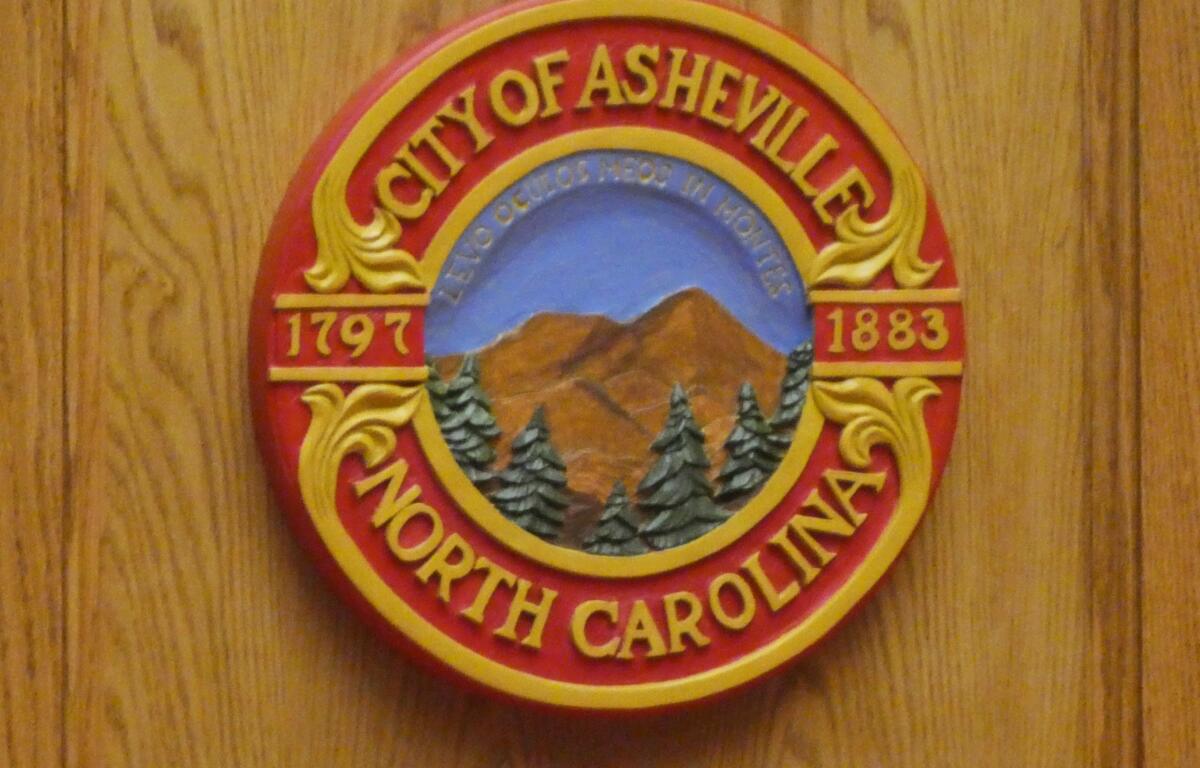ASHEVILLE, N.C. (828newsNOW) — Regulations on short-term vacation rentals will be prominent on the City of Asheville’s wish list heading into the North Carolina Legislature’s short session in April.
The City Council on Tuesday night approved a 10-item legislative agenda that includes defending local governments’ right to regulate short-term rentals, plus a call for new laws requiring online rental platforms to include details about locally-issued permits in every online listing.
City Attorney Brad Branham told council members how local authority to regulate short-term rentals has come under attack with proposed legislation in prior sessions.
“This authority is absolutely critical for cities and towns with high demand for tourism accommodations,” stated a staff report prepared for the meeting. “Without the ability to establish reasonable regulations around this land use, vital long term housing will be lost, desperately needed affordable housing will become even more limited, and the very character of neighborhoods will be threatened by a predominantly transient use.”
With a limited time during the short session, the council is focusing on a shorter list of priorities to share with the local legislative delegation.
In addition to the measures on short-term rentals, the list includes:
*Seeking funding for investments in local infrastructure and services (such as investments to repair and modernize venues like Harrah’s Cherokee Center, Thomas Wolfe Auditorium and McCormick Field);
- Supporting new state funding to help property owners affected by stormwater pollution.
- Reforming the local occupancy tax utilization rules.
- Supporting legislation and state funding that encourages development of affordable housing.
- Opposing legislation that would remove or restrict local conditional zoning authority.
- Supporting property tax reforms “to provide greater protection and equitable treatment for homeowners, especially due to inflation in local real estate prices.
- Amending the North Carolina Fair Housing Act to include “Source of Income/Funds” as a protected characteristic, which is intended to reduce discriminatory housing practices.
- Supporting reparations efforts with “legislation that would empower local governments, remove barriers and provide funding to support reparations at the state and local level.”


